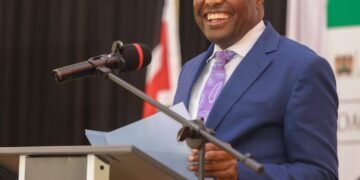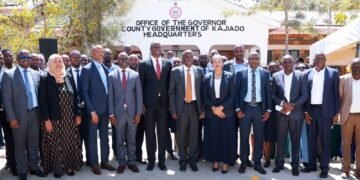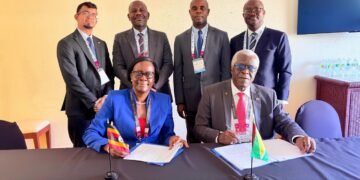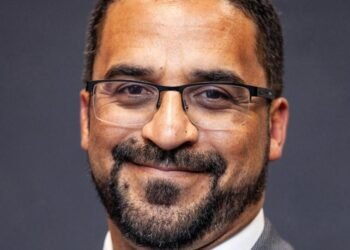The Executive Director, Nuclear Power Ghana (NPG), Dr Stephen Yamoah has said the implementation of Ghana’s nuclear power programme will propel socio-economic development.
This came to light at the opening of a three-day media training for Regional Managers and Editors of the Ghana News Agency (GNA), in Accra
Dr. Yamoah urged the media to stimulate an objective and constructive discourse on the programme that would promote a public buy in.
The NPG and GNA in June this year, agreed to a partnership to enhance knowledge sharing and widen information reach on Ghana’s efforts to include nuclear power as an alternative baseload in its generation mix.
The workshop on the theme, “Strengthening and Sustaining Public Trust Through Accountable Reporting,” was jointly organised by the NPG and GNA to equip participants with the requisite skills to effectively lead discussions on Nuclear power.
“There are always varying degrees of public scepticism,” he stated.
“This skepticism is based on several factors, including lack of understanding and knowledge about the availability and the potential consequences of different energy options, lack of trust in government and institutions, distaste for technology in general, fear of anything nuclear and the sceptre of nuclear accident (eg Chernobyl, Three Mile Island, Fukushima).
However, Dr Yamoah said the development of Nuclear Power Plants technology had advanced with new generations of Nuclear Reactors that were safer and less risky.
Dr. Yamoah said Nuclear power was the best available option for an optimal energy mix to meet desired goals of economic and industrial development.
Experts say nuclear energy provides a more reliable, affordable, stable and environmentally friendly option for industrial and residential purposes.
The nuclear energy industry also is deemed as an engine of job creation, with the operation of a 1000 megawatts power plant providing direct employment to 700 to 1000 people.
An estimated peak “on site” craft labour requirements for the same capacity of plant is 4,140.
Artisans such as welders, masons, pipelifters, iron workers and electricians work along with engineers, project managers and scientists.
Dr. Yamoah said the NPG would ensure that the needed social license for the project was secured and uphold the principles of safety, transparency, integrity and accountability as the first owner and operator of Ghana’s proposed nuclear plant.
Mr Albert Kofi Owusu, General Manager, GNA, said the partnership with NPG came at an exciting time for the Agency as it was revamping its operations as a major news organisation for the domestic and foreign news markets.
He pledged the Agency’s commitment to collaborate with all stakeholders to provide public education and credible news in the national interest.
Ambassador Kabral Blay-Amihere, a former Chairman, National Media Commission, who chaired the opening ceremony, lauded the NPG for choosing to partner GNA to bring the public along in the Nuclear power discourse.
He commended GNA for maintaining a “high bar of professionalism” and urged it to remain the reference point of professional journalism.
Professor B. J. B. Nyarko, Director-General, Ghana Atomic Energy Commission, also the Board Chair of NPG, said the NPG-GNA partnership would ensure that Ghanaians were served with accurate information information.
He said nuclear energy was the best affordable option for an energy mix to drive industrialisation as it was not weather dependent.
It was also a low carbon emission energy and thus posed minimal risk for the climate.
Prof. Olivia Kwapong, the Board Chair of the Agency urged the participants to be open-minded in receiving the knowledge and continue to employ the old age principles of integrity and accountability in their work.
Source: GNA





























































